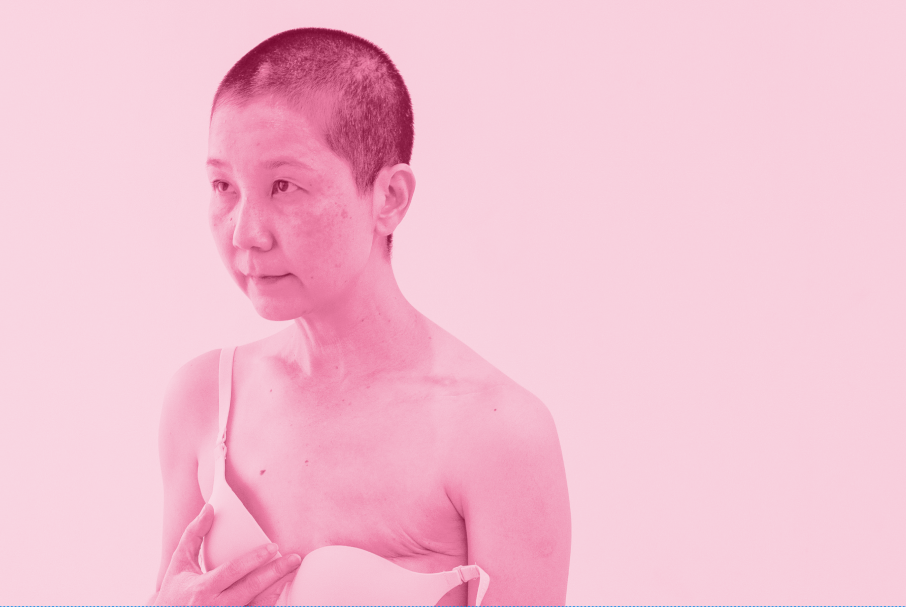Homeopathy in the context of breast cancer treatment
Breast cancer is one of the most prevalent forms of cancer among women worldwide. Traditional treatments such as surgery, chemotherapy, and radiation therapy have played a significant role in improving survival rates. However, some individuals may seek complementary and alternative approaches to support their conventional treatment journey.
Homeopathy, an alternative medicine system that utilizes highly diluted substances to stimulate the body’s natural healing processes, is one such approach that has garnered attention. In this blog, we will explore the potential role of homeopathy in the context of breast cancer treatment.
Understanding Homeopathy
Homeopathy operates on the principle of “like cures like.” It postulates that a substance that can cause symptoms in a healthy individual can be used in highly diluted form to treat similar symptoms in a sick person.
Homeopathic remedies are prepared through a process of dilution and succussion (vigorous shaking) to the point where the original substance is no longer detectable. The energetic imprint of the substance is believed to remain and interact with the body’s vital force to stimulate healing.
Efficacy of Homeopathy in Breast Cancer
It is important to note that the current scientific evidence supporting homeopathy as a standalone treatment for breast cancer is limited. The majority of studies in this area are anecdotal or small-scale, making it challenging to draw definitive conclusions about the effectiveness of homeopathy.
A systematic review published in the journal “Cancer” in 2018 examined the existing evidence on homeopathy for cancer treatment, including breast cancer. The review found no convincing evidence to support the use of homeopathy as a treatment for breast cancer. The authors emphasized the need for high-quality studies to evaluate the safety and efficacy of homeopathy in this specific context.
Another systematic review published in the journal “Homeopathy” in 2019 looked at the use of homeopathy alongside conventional breast cancer treatment. The review concluded that there is insufficient evidence to support or refute the efficacy of homeopathy as an adjunctive treatment for breast cancer.
Individualized Homeopathic Treatment
One of the core principles of homeopathy is the individualized approach to treatment. Homeopathic practitioners believe in considering the unique symptoms and characteristics of each patient to select the most appropriate remedy. In the context of breast cancer, a homeopathic consultation would involve gathering detailed information about the physical, emotional, and mental state of the patient. This information is then used to tailor the homeopathic treatment to address the specific symptoms and overall well-being of the individual.
The holistic nature of homeopathy encourages the consideration of not only the physical symptoms but also the emotional and psychological aspects of breast cancer. This individualized approach seeks to support the overall well-being and quality of life of the patient.
Safety and Potential Risks
Homeopathy is generally considered safe, as the remedies are highly diluted and carry minimal risk of toxicity or side effects. However, it is crucial to consult with a qualified homeopathic practitioner before initiating any homeopathic treatment, especially for breast cancer.
It is important to differentiate between regulated homeopathic remedies and unproven or potentially dangerous methods that are sometimes marketed as “homeopathic.” Some products promoted as homeopathic breast cancer treatments may contain undisclosed ingredients or interact with conventional therapies. It is essential to exercise caution and seek advice from trusted healthcare professionals and homeopathic practitioners.
Integrating Homeopathy into Breast Cancer Treatment
An integrative approach to breast cancer treatment involves combining conventional medical treatments with complementary therapies, including homeopathy. The integration of homeopathy within a comprehensive treatment plan recognizes the potential benefits of incorporating complementary therapies to support patients’ well-being.
Several highly regarded cancer centers and hospitals have established integrative oncology programs that incorporate complementary therapies such as homeopathy as part of the wider cancer treatment approach. These programs aim to provide individualized care, considering the unique needs and preferences of the patient.
Making Informed Decisions
When considering homeopathy as a complementary therapy for breast cancer treatment, it is crucial to consult with a qualified healthcare professional, including an oncologist and trained homeopathic practitioner. Together, they can assess the individual’s specific circumstances, review the available scientific evidence, and discuss the potential risks and benefits of homeopathy.
While homeopathy may offer support and symptom relief for some individuals during their breast cancer journey, it should never replace or delay evidence-based medical treatments. The integration of homeopathy within a comprehensive and multidisciplinary approach may provide a patient-centered approach to breast cancer care, enhancing overall well-being and quality of life.



